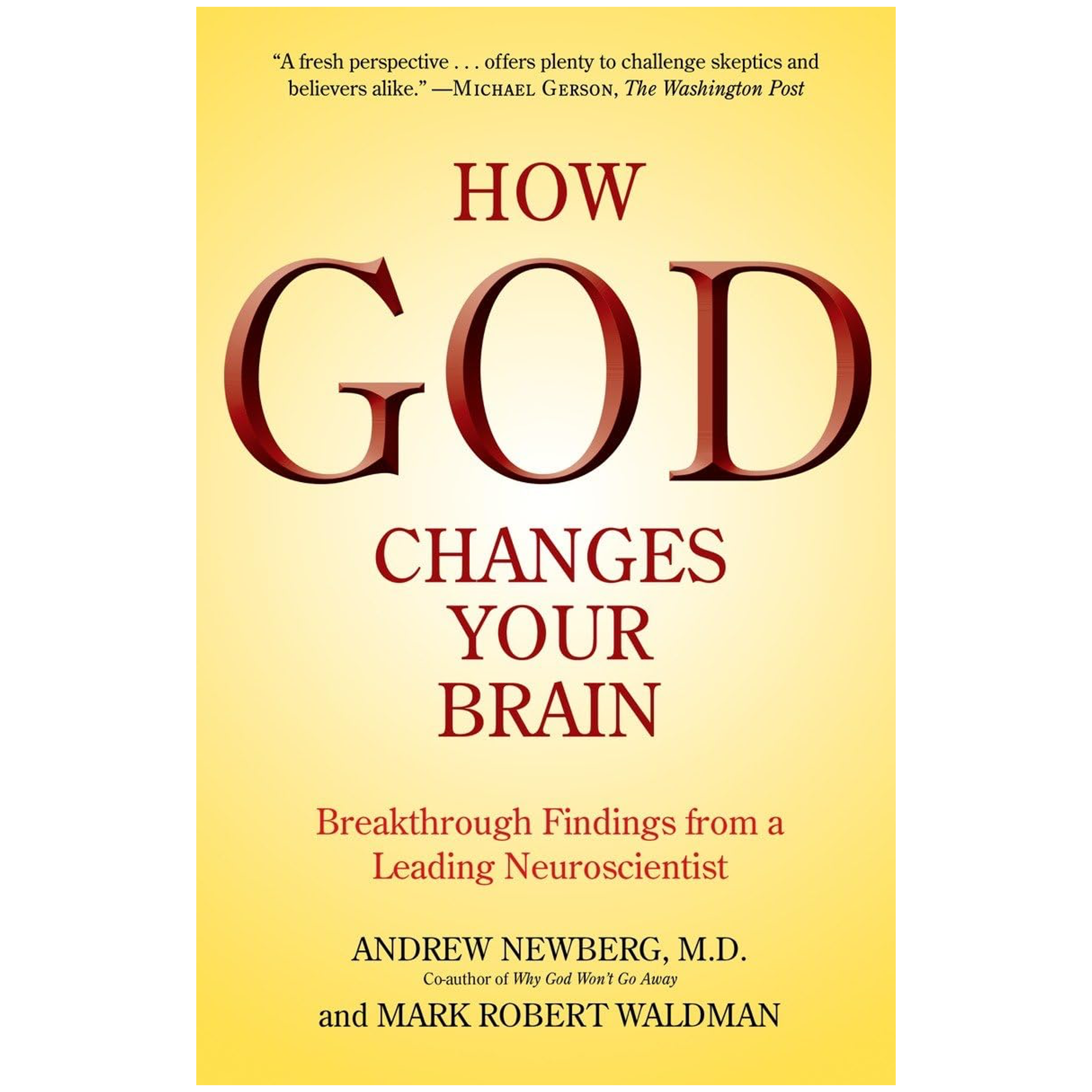Reading Time: 1 min 40 sec
I hope the next 20-ish breaths are the most nourishing of your day.
4 THOUGHTS
1. How to Deal With a Surge of Emotions
“The next time you feel a surge of strong emotion, try using your breath to calm and soothe your mind and body. Take a few slow, deep breaths. Feel the air filling your belly and chest as you breathe in. Purse your lips gently and breathe out long and slow, releasing your breath in a thin stream of air.”
- Oren Jay Sofer, Say What You Mean
That sounds like a perfect practice—use as needed this week 🙏
2. The #1 Thing to Avoid in Any Contemplative Practice
“The worst thing you can do in meditation is to critically judge your performance...Meditation practice teaches us how to be accepting of who we are, of our weaknesses as well as strengths. Remember: Self-criticism stimulates the amygdala, which releases myriad stress-provoking neurochemicals and hormones.”
- Andrew Newberg, MD, and Mark Waldman, How God Changes Your Brain
Refraining from self-criticism isn’t just a feel-good idea. It’s essential for getting the neurophysiological benefits of any contemplative practice.
3. The Anti-Inflammatory Benefits of Breath Exercises
“In those who practice breathing exercises, levels of inflammatory proteins in the blood are significantly lower, especially under certain types of stress. Mobilizing the power of the breath has also been shown to turn on anti-inflammatory genes and turn off pro-inflammatory ones, including genes that regulate energy metabolism, insulin secretion, and even the part of our DNA that controls longevity.”
- Michael J. Stephen, MD, Breath Taking
Just a powerful reminder of the benefits of breath exercises for lowering the volume on inflammation while activating our body’s natural healing response.
4. Commitment to Yourself is Intoxicating
“Commitment is intoxicating. There is nothing more generous than sticking to a promise you have made to yourself.”
- Libby DeLana, Do Walk
I recently hit a 1,000-day streak on Insight Timer. While worrying about a “streak” defeats the whole purpose 😂, there is definitely something rewarding & intoxicating about sticking to a commitment you made to yourself. A daily practice is a perfect way of doing just that.
1 Quote
“Breathing mindfully, sitting calmly, you can reestablish solidity inside.””
1 GOOD BOOK
Peace is Every Breath by Thich Nhat Hanh
Every Thich Nhat Hanh book is worth reading, but I found this one especially powerful (and lyrical) in its exploration of the breath & mindfulness. Definitely worth checking out.
In good breath,
Nick Heath, T1D, PhD
“Breathing is the compound interest of health & wellness.”
Enjoy these posts? Donate to say thanks!
P.S. this is me
Get One of My Digital Guidebooks
The Breathing App for Diabetes
This is the first program specifically made for people with diabetes to help manage their stress through breathing and mindfulness practices. In addition to the amazing program inside the app, we have some really neat things coming up, so sign up now!
Amazon Associate Disclosure
I’ve been recommending books for almost 6 years. Yet somehow, I just discovered that I could be an Amazon affiliate [face-palm]. In any case better late than never. Now, any Amazon link you click is an affiliate link. As an Amazon Associate, I earn from qualifying purchases. So, if you’d like to support my work, buying books through these links is helpful : )
* An asterisk by a quote indicates that I listened to this book on Audible. Therefore, the quotation might not be correct, but is my best attempt at reproducing the punctuation based on the narrator’s pace, tone, and pauses.






